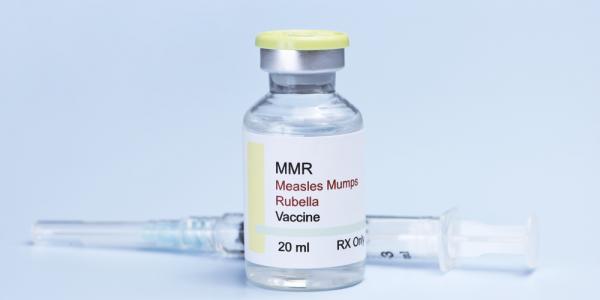Belly Breathing for Better Health

Practice Belly breathing to help treat GastroEsophageal Reflux Disease (GERD).
Breathing exercises are a well known technique for stress reduction and relaxation. But, did you know research shows that deep breathing can improve heartburn symptoms and decrease the need for medications?
Heartburn occurs when stomach acid splashes up into the esophagus where it doesn't belong. Affected individuals may notice a burning sensation behind the breastbone, a sour taste in the mouth and sometimes a chronic cough. If left untreated, additional medical problems may develop
Why does acid splash from the stomach?
We have a small ring of muscle located where the esophagus joins the stomach called the Lower Esophageal Sphincter, or LES. This muscle usually stays tightly closed, keeping the harsh stomach acid where it belongs, in the stomach. The LES opens only to allow swallowed food to enter the stomach, and then quickly closes again. If the LES becomes weakened, acid from the stomach is more likely to splash into the esophagus where it causes heartburn.
How can breathing help?
A technique known as diaphragmatic breathing therapy, abdominal breathing, or “belly breathing” focuses on using the diaphragm muscle to breathe rather than chest muscles.
The diaphragm is a large dome shaped muscle that separates the chest cavity from the abdominal cavity. The diaphragm also applies pressure around the esophagus in the same area as the LES.
When the diaphragm is used for breathing it becomes stronger and helps the LES do its job. The two muscles work together to prevent acid from splashing into esophagus. The stronger the diaphragm, the fewer problems with reflux
Practice “belly breathing”
Belly-breathing fills your lungs fully, slows your breathing rate, helps you relax, and strengthens your diaphragm all at the same time.
- Place one hand on your belly just below the ribs and the other hand on your chest. You can do this while standing, but it may be more comfortable while you are lying on the floor with your knees bent.
- Take a deep breath through your nose. As you inhale, let your belly push your hand out, and keep your chest still.
- Exhale through pursed lips, as though you were whistling. Feel the hand on your belly go down, and gently press on the belly to help push all the air out of the lungs. Take your time exhaling.
- Repeat these steps 3 to 10 times. Taking your time with each breath.
- Find videos of belly breathing here.
This simple breathing exercises can be done anywhere, anytime to help strengthen the diaphragm.
Why not just take a pill?
The recent medical literature has been reporting potential health concerns from long term use of certain “heartburn” or “gastric reflux” medications known as proton pump inhibitors. These include Nexium®, Prilosec® Protonix®, Prevacid® , Aciphex®.
These medications have been linked to kidney problems, cardiovascular problems, and diarrhea illness caused by the bacteria c.difficile.
Individuals who have severe reflux disease may need to be on these medications long term however, many people are prescribed these meds and continue taking them long after they are needed. These medications are also available over the counter without a prescription; making it easier to overuse the medication.
Ongoing research is attempting to determine if and how prolonged use of these medications may affect the risk of other diseases. The best current recommendation is to discuss your individual situation with your health care provider to determine if the medication is still necessary.
For many individuals making simple lifestyle changes, in addition to breathing exercises, can make dramatic improvement in symptoms.
Consider the following lifestyle recommendations:
- eat small frequent meals,
- avoid overeating,
- stay upright after eating,
- elevate the head of the bed,
- stop tobacco and minimize alcohol use as these increases problems with reflux disease,
- decreasing body weight by 10% weight may make a difference.
For more information on heartburn visit the healtheGuide GERD
Related Articles

Sinuses and Michigan
If you live in Michigan long enough, you will most likely become very familiar with “sinus infections”. The two seem to go “mitten in mitten.”
.png)
Human Papillomavirus and Cancer
Regardless of your personal stance on vaccines, many people wonder why some vaccines are recommended or used. This article reviews Human Papillomavirus, the diseases it can cause, and reasoning behind considering this vaccine.







